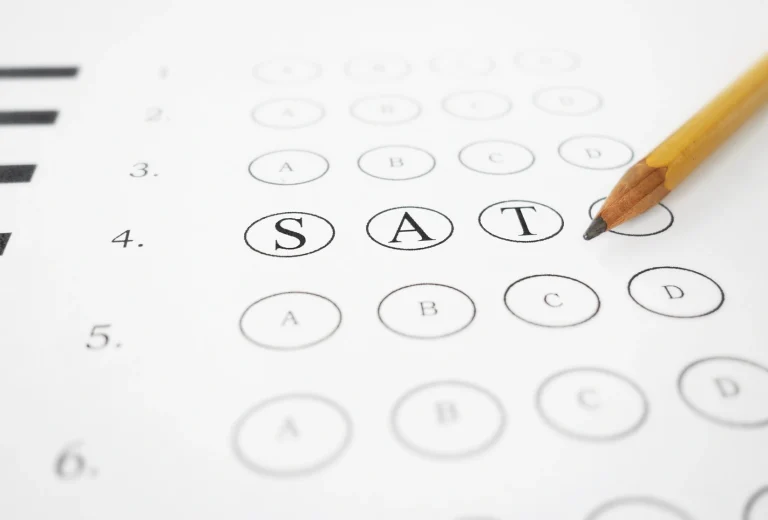What’s Changing?
As announced in July 2024, 28 out of 36 AP exams are moving to Bluebook™, the College Board’s digital testing platform. This is the same platform that has hosted millions of digital SAT® exams.
Standard paper testing has been discontinued for these 28 AP subjects. While some subjects retain a hybrid format, most exams will be taken digitally.
Below is the list of AP Exams moving to the digital format:
- AP African American Studies (U.S. schools only)
- AP Art History
- AP Comparative Government and Politics
- AP Computer Science A
- AP Computer Science Principles
- AP English Language and Composition
- AP English Literature and Composition
- AP Environmental Science
- AP European History
- AP Human Geography
- AP Latin
- AP Psychology
- AP Seminar
- AP United States Government and Politics
- AP United States History
- AP World History: Modern
For the hybrid digital AP exams, students complete multiple-choice questions and view free-response questions in Bluebook. Then, students write down their free-response answers in paper exam booklets. Below is the list of AP Exams using the hybrid format:
- AP Biology
- AP Calculus AB
- AP Calculus BC
- AP Chemistry
- AP Macroeconomics
- AP Microeconomics
- AP Physics 1: Algebra-Based
- AP Physics 2: Algebra-Based
- AP Physics C: Electricity and Magnetism
- AP Physics C: Mechanics
- AP Precalculus
- AP Statistics
Why Is This Transition Happening?
While digital exams may sound like a convenience-driven change, this transition is also about security, adaptability, and modernization.
According to the College Board, today’s students adapt quickly to digital learning environments. Most academic assignments, research, and communication already happen online. In this context, the paper exam model can feel outdated, especially for subjects that require typed responses or stimulus analysis.
The College Board began piloting digital AP exams in 2022, and by 2024, 650,000 digital exams had been administered. More than 75% of students and educators rated the digital format as equal to or better than the paper version. For schools, digital testing provides a more secure and streamlined process.
Improve Your AP Grades Within One Semester
Challenges for Students
While the benefits of digital testing are clear, this shift does bring some new challenges:
1. Students may not have the same access to technological devices
Not all students have consistent access to high-performance personal or school-issued devices. While the College Board offers support to schools, device inequity remains a concern, particularly in under-resourced districts or rural areas. Students should test their devices ahead of time using the Bluebook app to avoid issues on exam day.
2. Hybrid format can be confusing
For students in hybrid exams (such as AP Calculus or Physics), the exam format is more complex. Switching between screens and paper can add cognitive load. Teachers and students should practice the transition between digital prompts and handwritten answers to build comfort and speed.
3. Digital fatigue
Just as screen fatigue affects online learning, it can also affect test performance. Lengthy digital exams require focus, typing endurance, and familiarity with digital navigation tools. Students who practice with only paper tests may be at a disadvantage.
Preparing for the New Format with Aralia AP Preparation Program
At Aralia Education, we understand that these exam format changes can be both exciting and overwhelming. Our AP Preparation Program is taught by experienced instructors who support students through the latest curriculum changes and help them excel, whether they’re taking exams on paper or digitally.
Aralia’s AP instructors are committed to helping students feel confident in this new digital environment. Through customized instruction, access to practice tools, and expert guidance, our students prepare themselves to meet the challenge of digital AP testing head-on.









